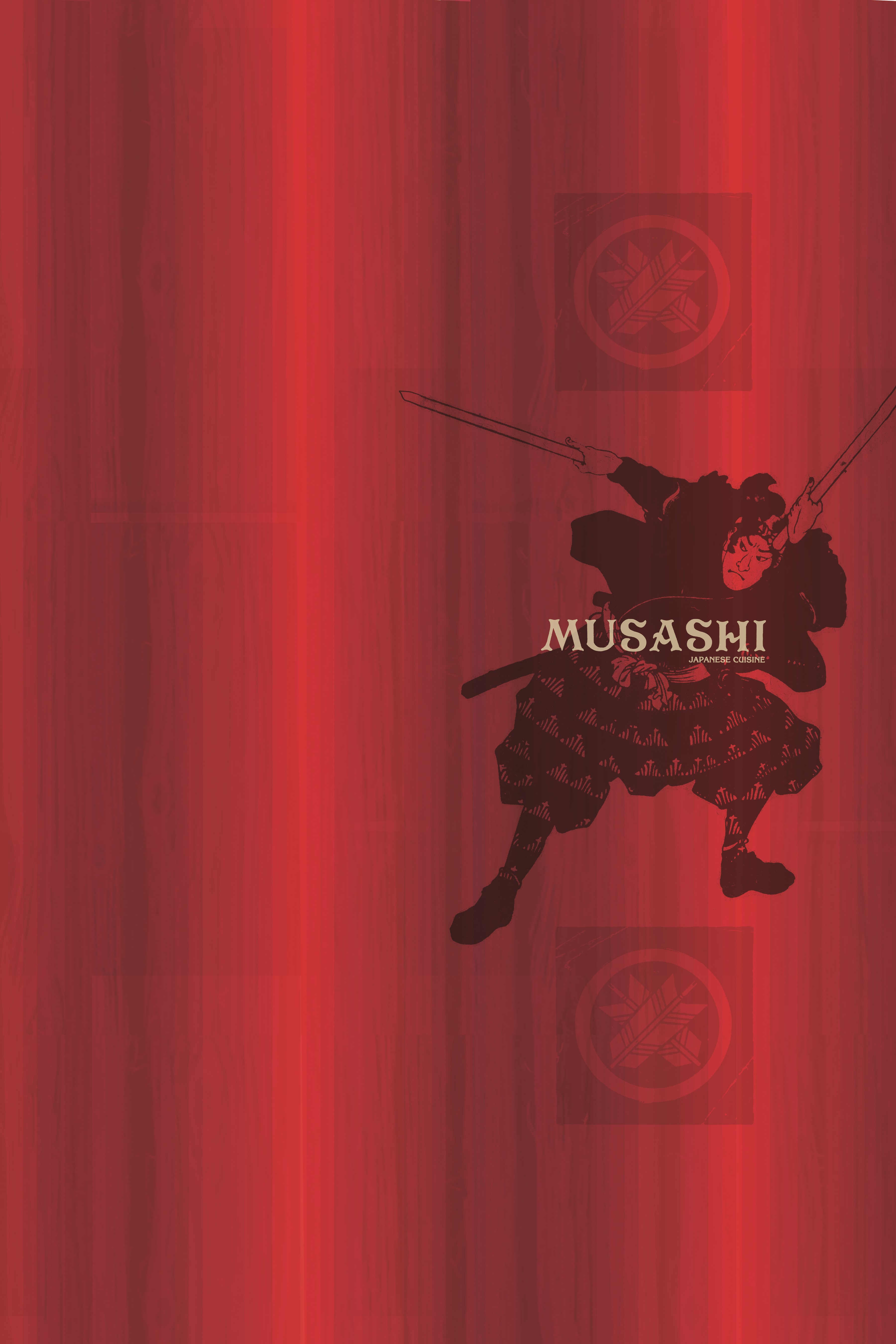

It is also densely populated with other historical figures, and most people do have a misguided fondness for their nation's past - the Golden Age Syndrome is an endemic malady. 1584 to 1645, according to the best estimates.

Why does any book sell 120 million copies? Well, the novel is based on the adventures of an historical figure, the samurai Miyamoto Musashi, who lived from - Sheldon Frank is a novelist and critic.

One can safely assume that Yoshikawa's epic has struck a responsive chord with Japanese readers, to understate slightly. It has remained on the Japanese best-seller list ever since its initial publication as a novel in 1971, and has sold an estimated 120 million copies. But even at less than a thousand pages, finishing ''Musashi'' is a small act of heroism in itself.Įiji Yoshikawa, who died in 1962, achieved enormous popular success with his colloquial adaptions of Japanese historical sagas, and ''Musashi'' (published in a Japanese newspaper in serial between 1935-39) was his greatest commercial triumph. The astonishing success of the Clavell novel inspired publishers to issue this abridged translation of ''Musashi,'' Eiji Yoshikawa's ''epic novel of the Samurai Era.'' The blurb is quite shameless about motive: ''For all those who were introduced to the Samurai tradition by 'Shogun,' this monumental adventure story of a wandering swordsman who rises to greatness enables the reader to truly understand the Japanese heroic tradition.'' Conceivable, but this true understanding requires readers who can survive this 970-page version of Yoshikawa's 26,000-page opus. And, at the same time, millions of Americans buy ''Shogun,'' a huge novel about the Way of the Samurai in 16th-century Japan, and millions more sit entranced before the television version of James Clavell's epic. Awed by Japan's ability to produce cars and cameras, stereos and silicon chips both better and cheaper than our own, we pore over articles and books on the mysterious art of Japanese management. By SHELDON FRANKĪMERICA has become intoxicated by Japanese culture. New York: Kodansha Inte rnational/Harper & Row.


 0 kommentar(er)
0 kommentar(er)
